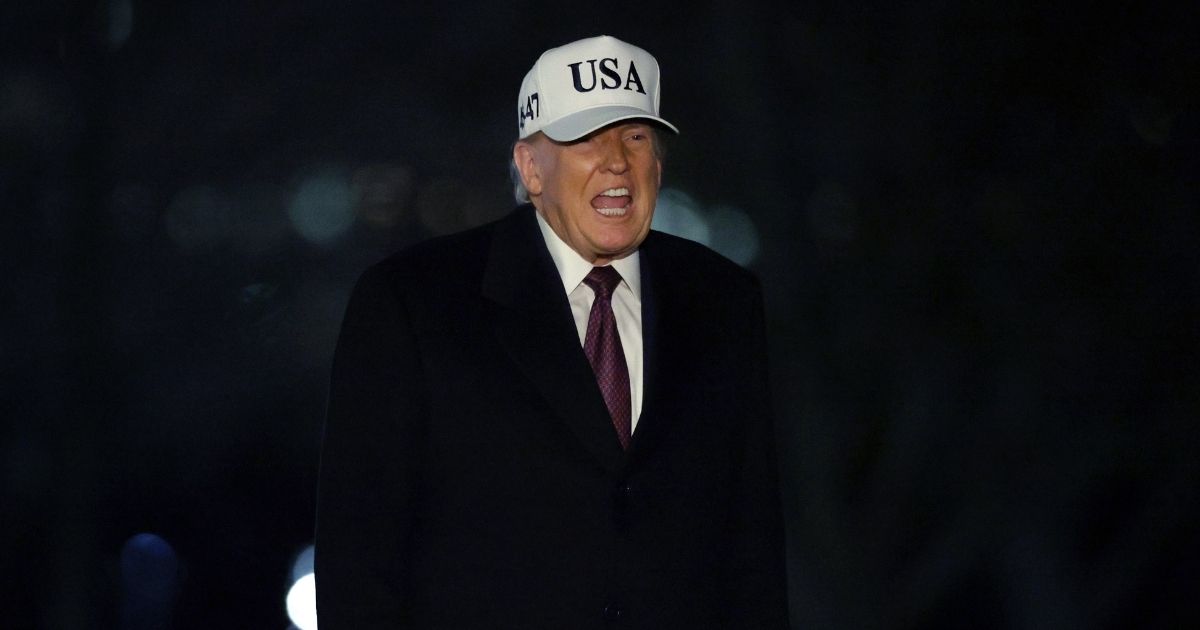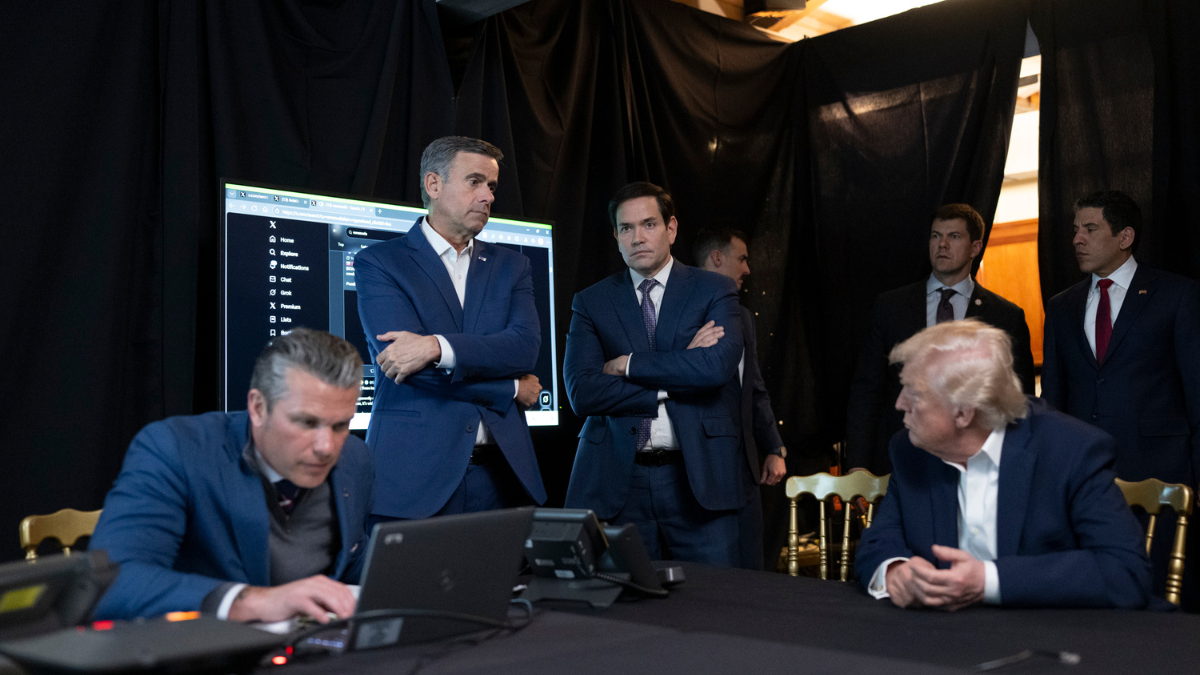Op-Ed: The Battle to Build a More Competitive American Energy Industry
The article discusses the accelerating global energy transition and the increasing importance of renewable energy in the United States, traditionally an oil-dependent country. It highlights the growing business opportunities in battery production for electric vehicles and energy storage,which are crucial for achieving climate goals and represent a multi-billion-dollar industry driven by research and innovation.
Though, some companies in this sector have faced scrutiny for unethical practices. A notable example is Hyundai’s factory near Savannah, Georgia, where over 300 South korean workers were detained for violating U.S. immigration laws by working on short-term visitor visas.
The article also emphasizes the critical role of mineral resources-essential for renewable technologies, semiconductors, and defence-in the energy supply chain. The U.S. heavily depends on foreign sources for these minerals, notably China, which dominates mining, refining, and manufacturing of key renewable energy components. Despite political tensions, China remains a significant and competitive partner, though U.S. approval of foreign investments, especially from Chinese companies with military ties, will be selective to ensure national security and economic stability.
One such company,HiTHIUM,a Chinese battery manufacturer with ties to the Chinese government and military,plans to build a $200 million facility in Texas. Concerns exist over its financial viability and government subsidies,as well as attempts to reclassify itself as a domestic producer to avoid tariffs.
The article concludes that a strong and competitive American energy industry must prioritize ethical business practices and carefully vet foreign investments to ensure long-term resilience and genuine domestic growth.
With the accelerating pace of the global energy transition, even the currently oil-dependent United States finds itself drawn to renewables, part and parcel of a robust energy industry that will continue to prove relevant for decades to come.
Batteries in electric cars and other vehicles, in addition to their application in general energy storage, are therefore not only necessary for achieving climate goals; they also represent a dynamically developing area of business in which research, innovation, and competitiveness can create economic value measured in billions of dollars.
The lucrative opportunities presented by this industry have, however, prompted a number of companies to cross the line when it comes to transparent business practices.
In a recent example from September 2025, more than 300 South Korean nationals were detained (and later deported) in an immigration raid at Hyundai’s plant near Savannah, Georgia. It was revealed that the company had employed short-term visitor visas, which do not allow work, to staff its factory in violation of immigration laws.
The immigration raid took place even though South Korea had pledged billions of dollars in investment in the United States.
A further area in which the American private sector has been focused on development, aside from bolstering American independence and competitiveness in the energy industry, has been guaranteeing a stable supply of critical minerals, an area where the U.S. relies primarily on foreign sources.
Growing international demand, which is outpacing domestic mineral deposits and production capacities, means that this is a dependency that is unlikely to be resolved in the immediate term. Such minerals are defined as critical, as besides their central role in the production of renewable energy technologies, they are also needed for semi-conductors, computers, and defense, rendering them essential in several areas intertwined with America’s economic development.
When any such highly coveted natural resource becomes an integral part of economic development, due diligence becomes especially important. China represents the foremost power when it comes to the mining and refining of critical minerals, and the production of batteries, solar panels, wind turbines, and other essential components serving as the building blocks of the renewables industry. Despite ongoing tension between Washington and Beijing, Chinese innovation and existing business relations in the critical minerals field continue to position Beijing as an attractive, and competitive, partner.
Notwithstanding, the approval of investment from foreign companies in this space, particularly Chinese companies, is expected to be highly selective.
A recent example in the news has been Chinese stationary battery manufacturing firm HiTHIUM (Xiamen Hithium Energy Storage Technology Co) which announced a $200 million project for the construction of a manufacturing facility in Texas. Interestingly, HiTHIUM, a company which has been the recipient of significant investment from the Chinese government and military apparatus, was one of six companies that the U.S. Congress placed on a ban list for the procurement of technologies in the defense industry.
HiTHIUM recently attempted an IPO in Hong Kong which was shot down by regulators, while financial filings reveal a dubious track record when it comes to profitability, having primarily relied on the Chinese government’s subsidies to bring their accounts into balance. A 73 percent debt-to-asset ratio coupled with massive expenses raise significant concerns as to the future profitability of the company, and by extension, its contribution to the U.S. economy as a business partner.
The logic behind gaining access to manufacturing capabilities in the U.S. market would be to categorize the company as a domestic producer, bypassing trade tariffs against Chinese tech firms.
A competitive American energy industry cannot be built on dependencies that include risks from companies whose business practices lack accountability. Selectivity in foreign investment is not a barrier to progress but a safeguard for long-term stability and prosperity. By aligning economic growth with ethical governance, American industry will become more resilient and genuinely American in its foundations.
The views expressed in this opinion article are those of their author and are not necessarily either d or endorsed by the owners of this website. If you are interested in contributing an Op-Ed to The Western Journal, you can learn about our submission guidelines and process here.
Advertise with The Western Journal and reach millions of highly engaged readers, while supporting our work. Advertise Today.
" Conservative News Daily does not always share or support the views and opinions expressed here; they are just those of the writer."




